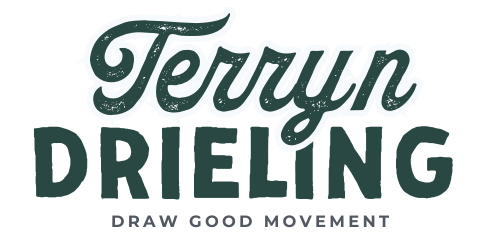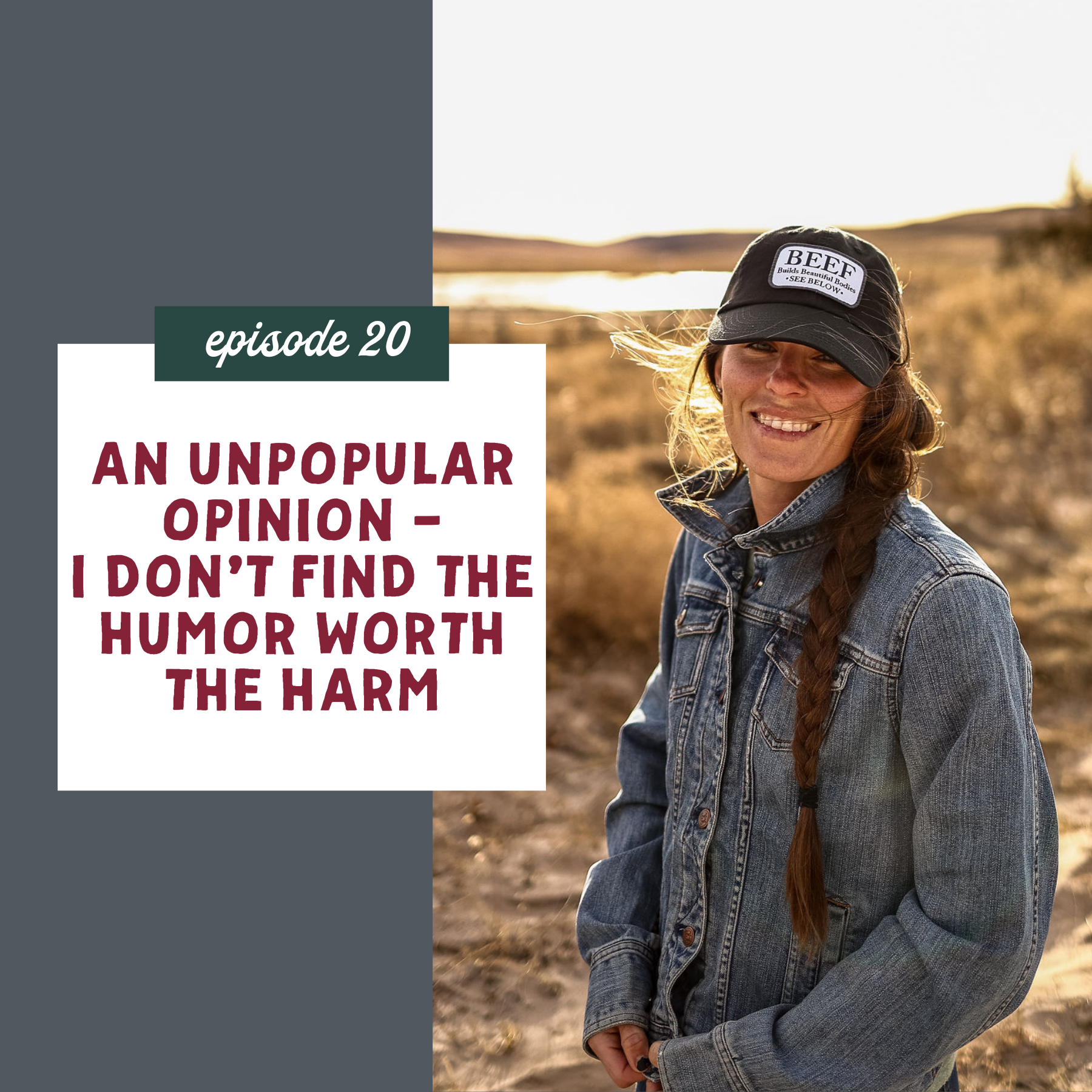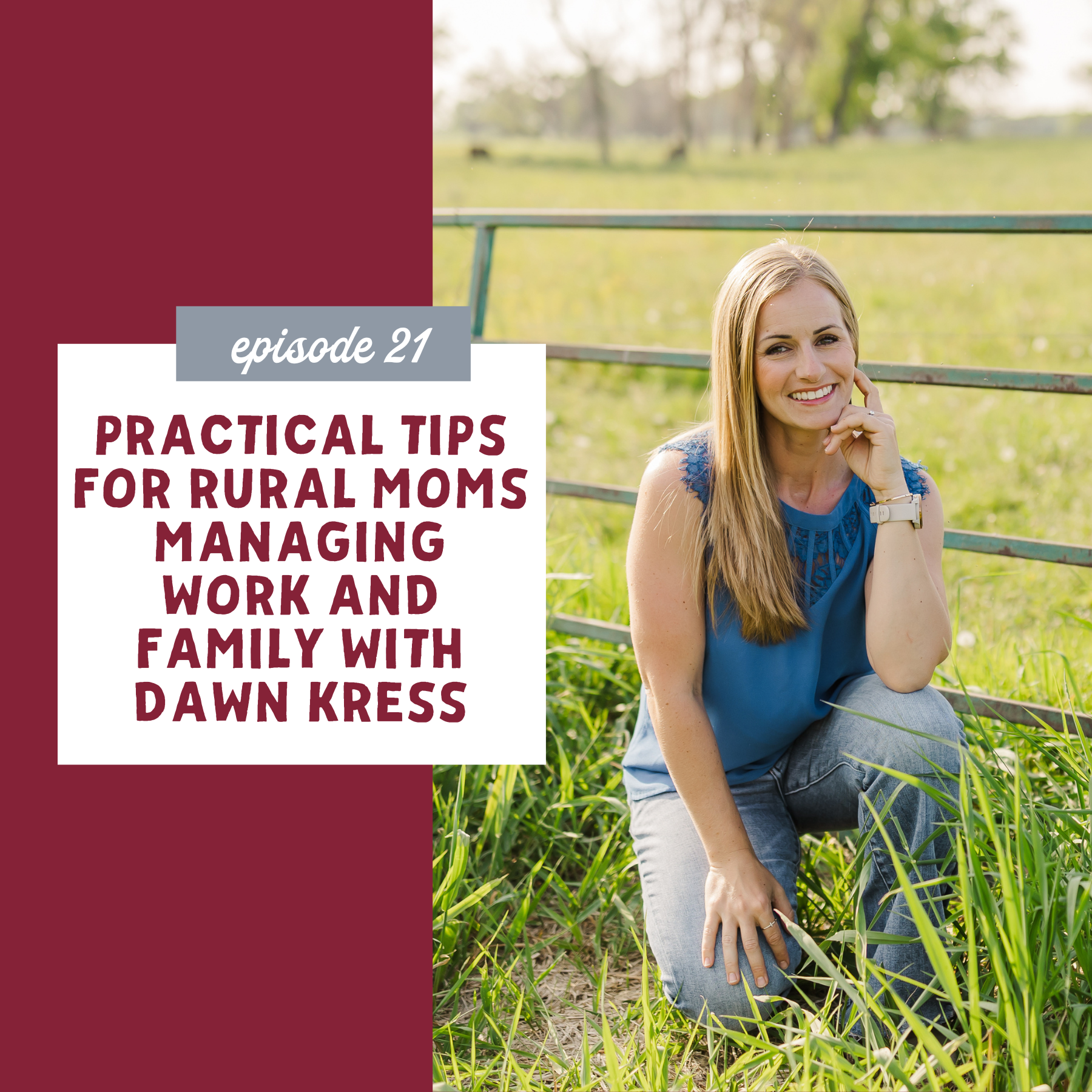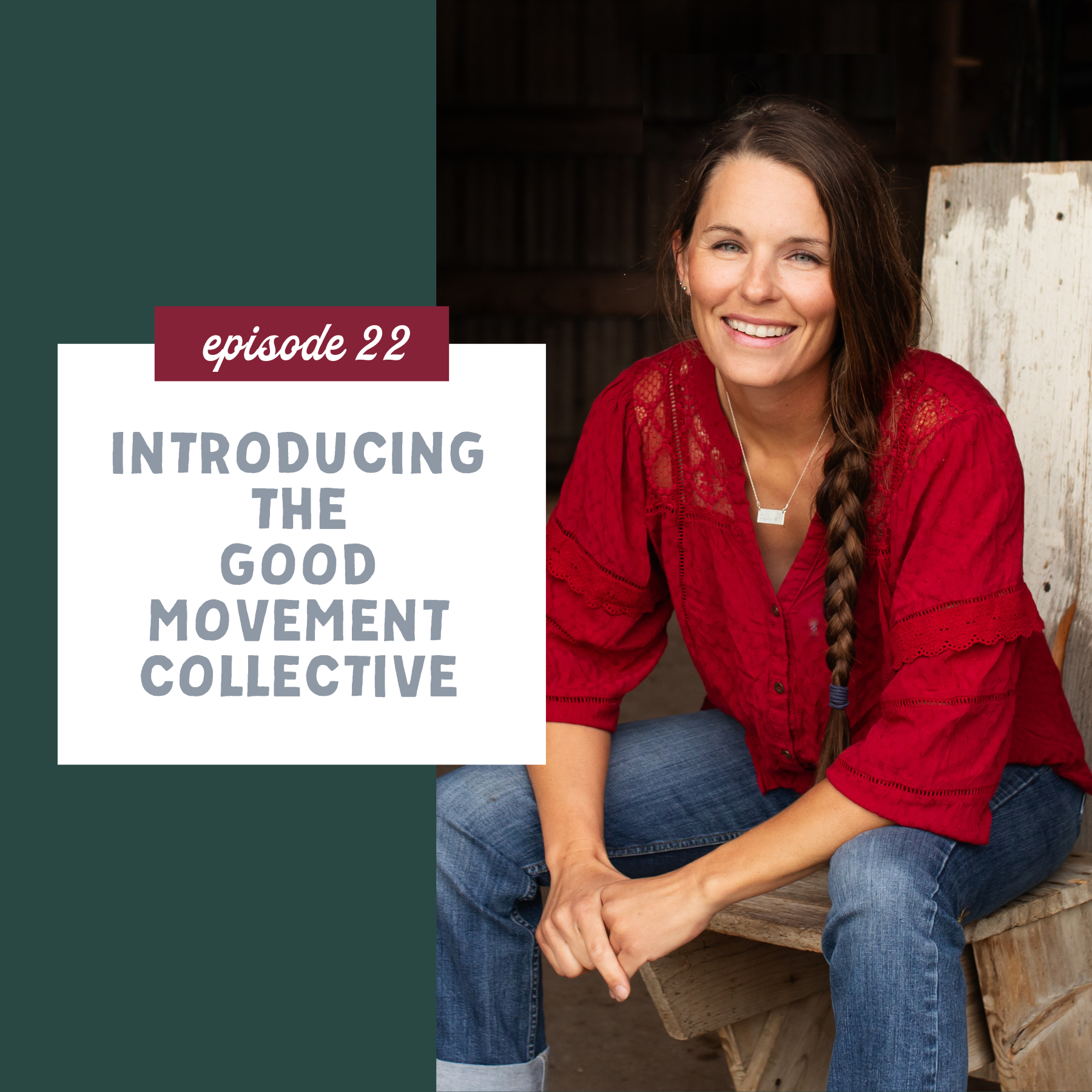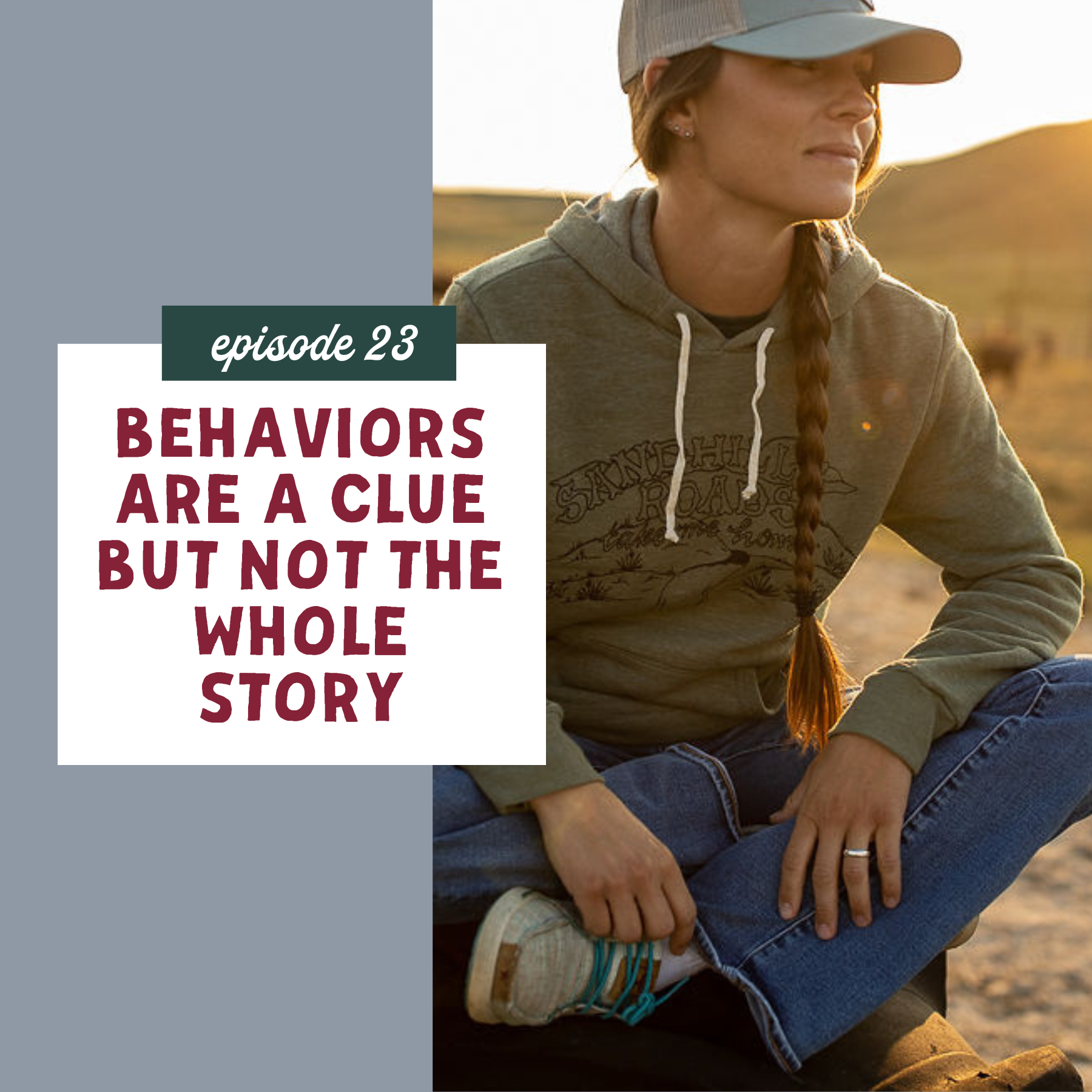Spoiler Alert – There’s Nothing Wrong with Talking About How We Really Are [episode 32]
![header graphic for Spoiler Alert - There's Nothing Wrong with Talking About How We Really Are [episode 32]](https://terryndrieling.com/wp-content/uploads/2024/05/Terryn-Ep-32-header.png)
Listen to Spoiler Alert – There’s Nothing Wrong with Talking About How We Really Are on: Apple Podcasts | Spotify | Google Podcasts
Something that keeps coming up in conversations I’ve been having lately is how things are super busy, and feel really hard. Particularly in the ag world, this is such a busy time of year – whether you’re calving, getting crops planted, getting into spring work, or something else, there’s a lot happening. Pair this with the weather being extremely unpredictable, and ALL of this adds a big ‘ol layer of stress to what we’re already feeling. Working in ag can be really hard – I’m not just talking about the physical toll it can take, but it can be mentally and emotionally taxing too.
In today’s episode, I discuss why there’s nothing wrong with talking about how we really are. Sometimes…things just SUCK. We have to be able to acknowledge our feelings, and normalize sharing honest answers when someone asks us how we’re doing. We shouldn’t feel like we need to sugarcoat our responses in order to appear like we have it all together – who is that actually helping anyway?!
I’ve learned that suppressed emotions are actually like mold – they’re not going anywhere, and they’re only going to get bigger, and nastier, if we don’t address them. I want to encourage you to get them out into the open (instead of keeping them bottled up in the dark), and not be afraid to share with others. The more we talk about and normalize the tough stuff we’re experiencing during these crazy, overwhelming seasons, the more we’re able to really relate to, and support each other along the way!
In this episode, Spoiler Alert – There’s Nothing Wrong with Talking About How We Really Are, we cover:
- Why there’s nothing wrong with admitting that things are hard, and just kind of ‘suck’ sometimes
- Normalizing asking honest questions AND seeking honest answers, instead of simply asking as a nicety in passing
- Why suppressed emotions are actually like mold + what to do when we experience this
Resources & Links:
- Nebraska Women in Ag Herd That! Conference use code TerrynHT24 for $5 off registration
- Join the waitlist for the Good Movement Collective
- Join the waitlist for the Start with You Mastermind
- Good Movement music by: Aaron Espe
- Podcast produced by: Jill Carr Podcasting
Connect with Terryn:
- Follow on Instagram @terryn.drieling
- Check out my website
- Send me an email at terryn@terryndrieling.com
Related Episodes:
More about the Good Movement Draws Good Movement podcast:
In stockmanship (the art and science of handling cattle in a safe, effective, low-stress manner), we have this phrase . . . good movement draws good movement.
It’s this thing that happens when we ask a small group of cattle, maybe a cow, or a pair to move out in a certain direction and their movement draws the whole herd into moving in the same direction.
Good movement happens when we approach the cattle with a positive attitude, read and really listen to what they’re telling us, and communicate accordingly.
We don’t approach the aware, flighty cattle the same as we do the tame, docile cattle. We adjust ourselves, our energy, and approach, and communicate with each differently.
These adjustments help us effectively draw good movement from each, which then draws good movement from the herd. But it starts with us.
The same is true for humans. Good movement starts with us.
Welcome to Good Movement Draws Good Movement, the podcast where farmers, ranchers, and rural folks can grow relationally through awareness, understanding, and effective communication.
Hey, it’s me – T. I’m your host, and I, along with my guests, will be covering topics related to drawing good movement – things like self and social awareness, brain science, positive psychology, extending grace, and so much more.
We’ll share tools that can help you understand why you are the way you are, why others are the way they are, and how you can use that to step out of self-told lies with grace and compassion to draw good movement in conversations, relationships, and life in rural America.
Tune in every Tuesday and make sure to hit subscribe so you never miss an episode! Let’s go draw good movement!
